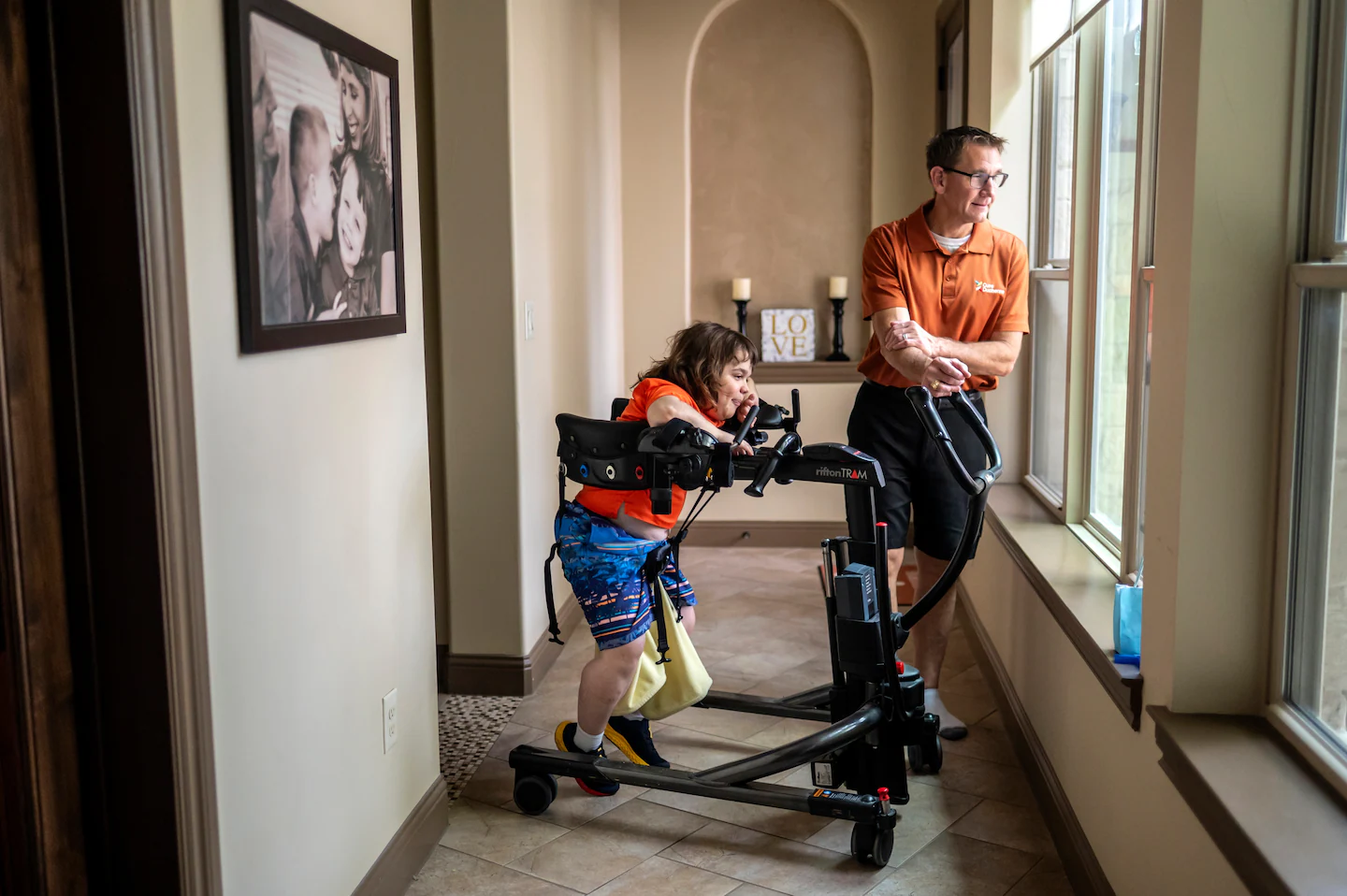LEANDER, Texas — Andrew Revell leaned into his father as he pulled up from his wheelchair to stand, his legs trembling with effort. It had been more than a year since he joined a clinical trial for a gene therapy to treat the disease that is destroying his muscles and cutting short his young life. Had it made a difference? He didn’t think so.
Get a curated selection of 10 of our best stories in your inbox every weekend.
“I didn’t really get the medicine,” Andrew, 18, said at his home in Texas on a recent July day.
“We don’t know,” Laura Revell, his mother, interjected.
“Yeah, we don’t know,” Andrew agreed. Doubts about whether he got the real gene therapy or a placebo in 2024 have haunted the Revell family for months. In October of this year, Andrew would get a second infusion, and if he had received the placebo the first time, he would be guaranteed to get the medicine.
Advertisement
But that is no longer guaranteed.
Follow Health & wellness
Follow
The deaths of two teens who received the gene therapy to treat Duchenne muscular dystrophy caused its manufacturer, Sarepta Therapeutics, to pause the clinical trial and, under pressure from regulators, halt all shipments of the drug this month. News of the deaths has rocked patients with Duchenne, a rare genetic disease that afflicts an estimated 15,000 people in the U.S., the vast majority of them boys and young men like Andrew and his brother, Timothy, 21.
Tim and Laura Revell have chosen not to tell their sons about the latest controversy, preferring not to crush their hopes while Sarepta faces off with an increasingly skeptical Food and Drug Administration. The FDA announced Friday night it was investigating a third death of someone who received the gene therapy, called Elevidys. The 8-year-old boy died June 7, the agency said. Roche, which sells the therapy overseas, stated the physician treating the boy in Brazil “assessed the death as unrelated” to the drug.



